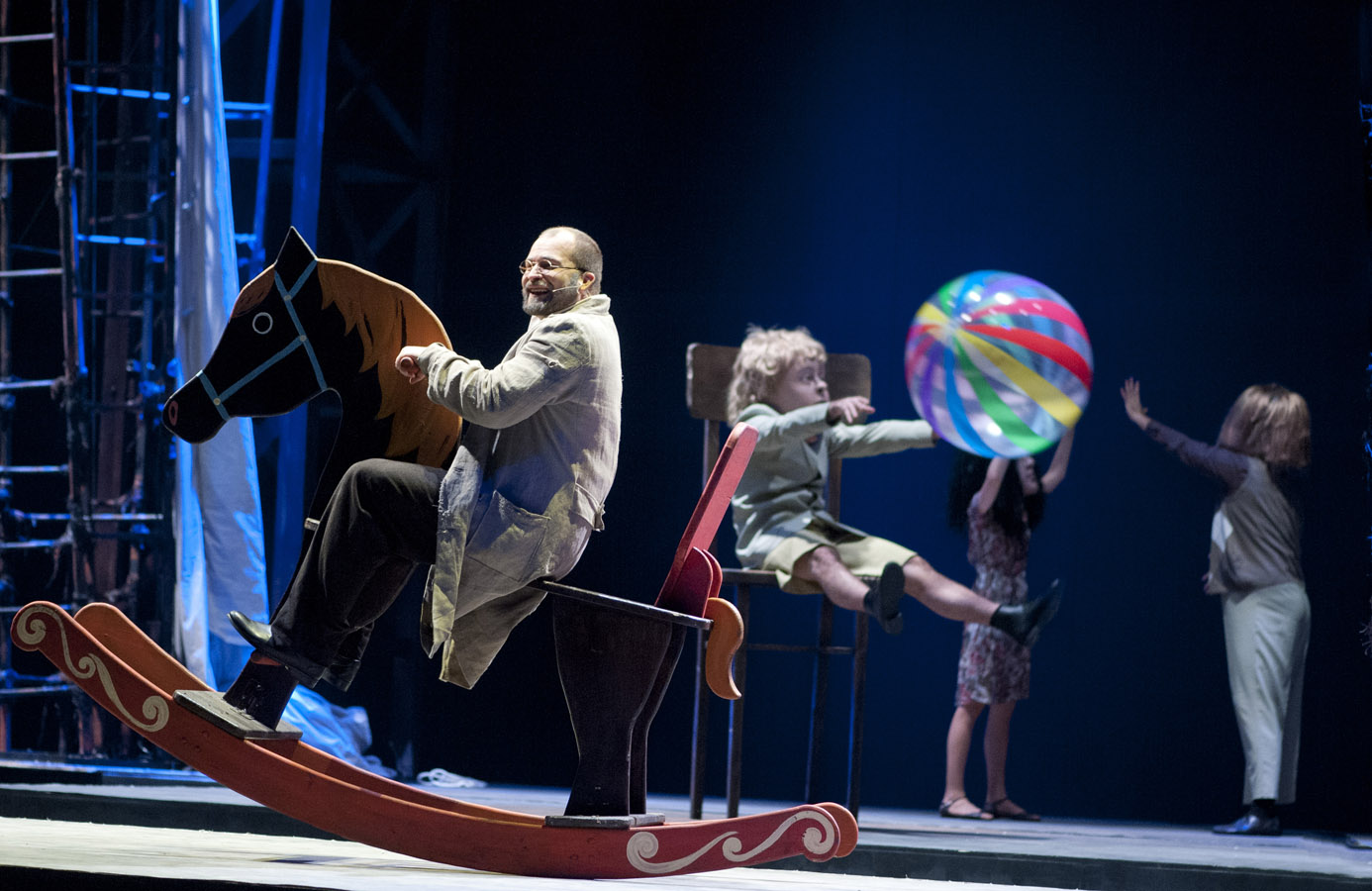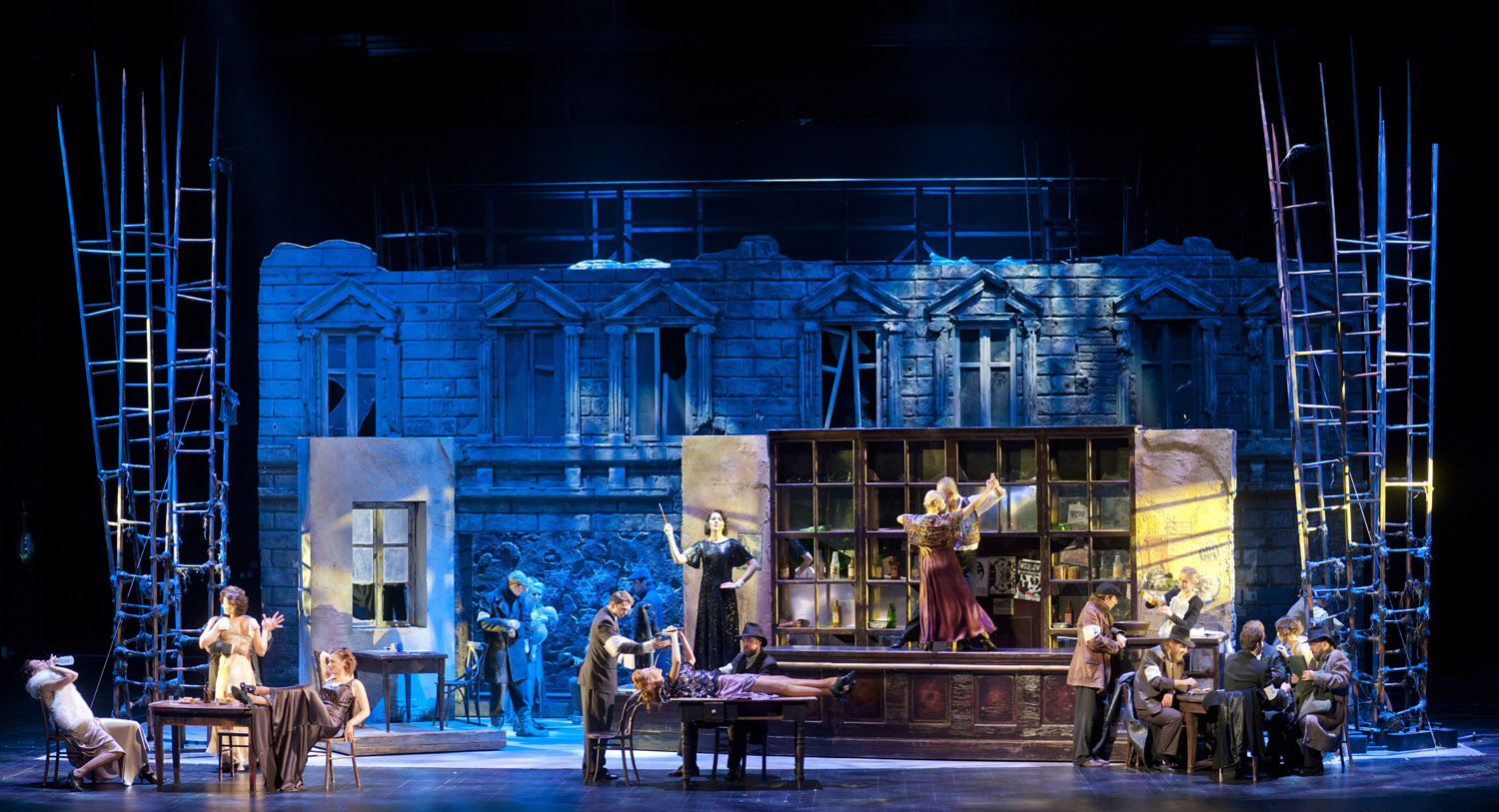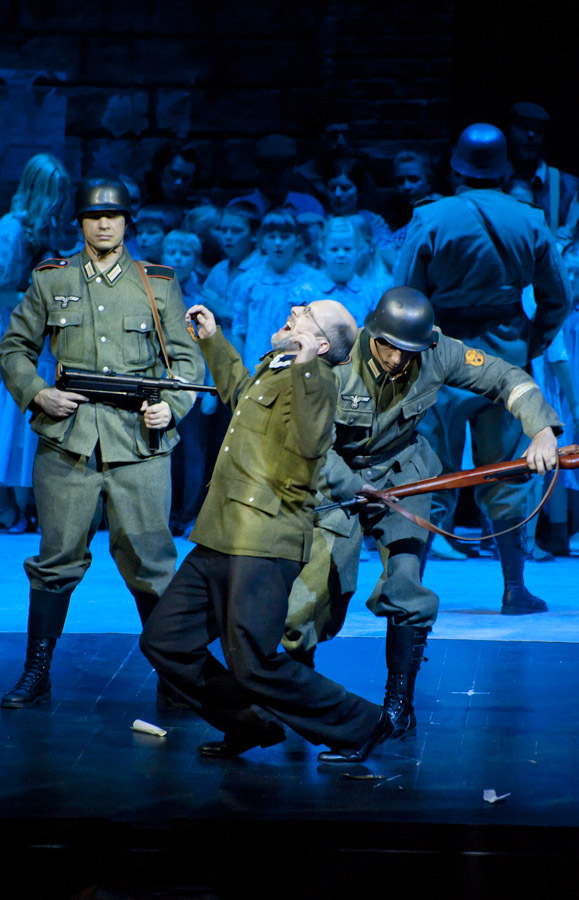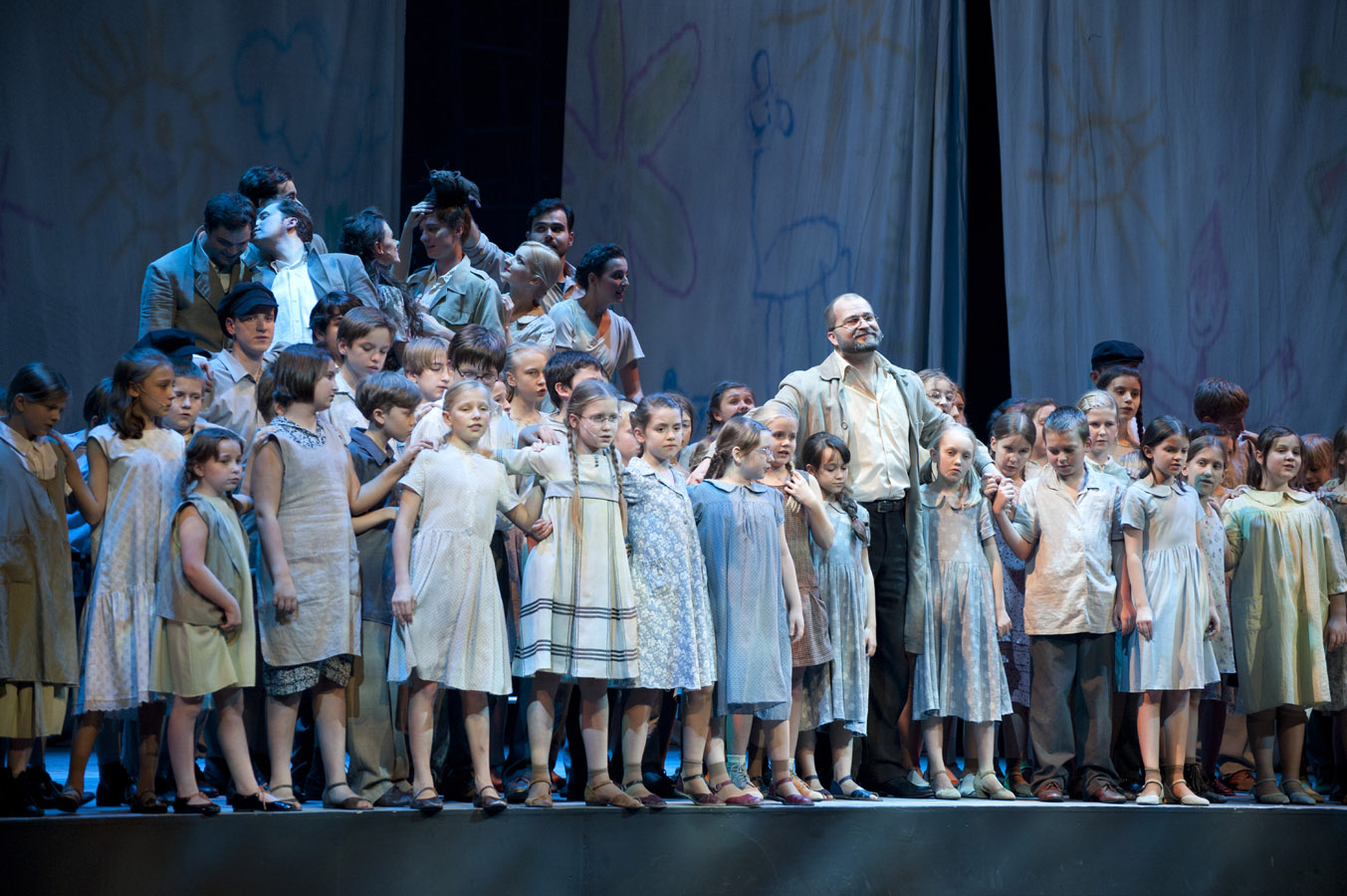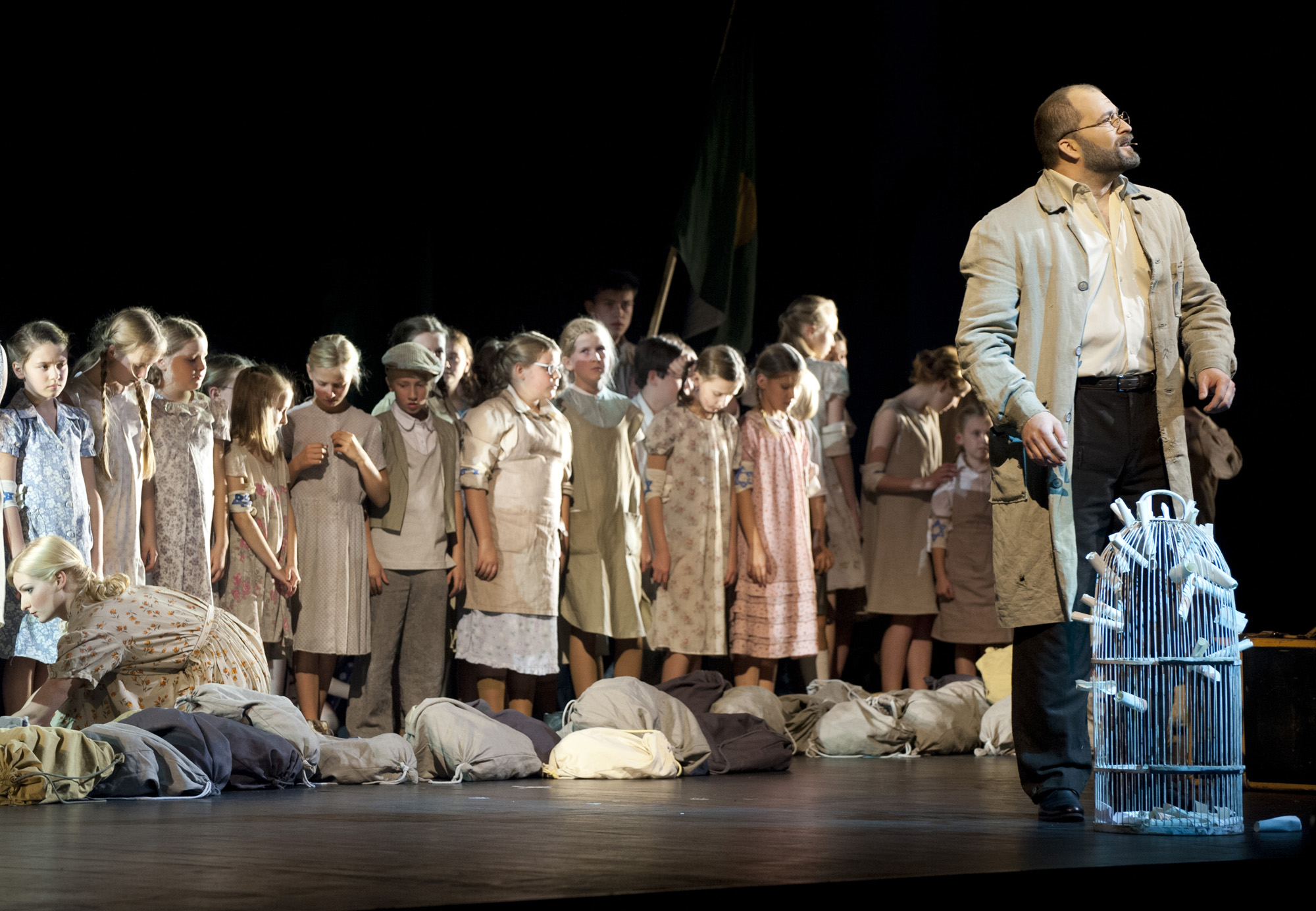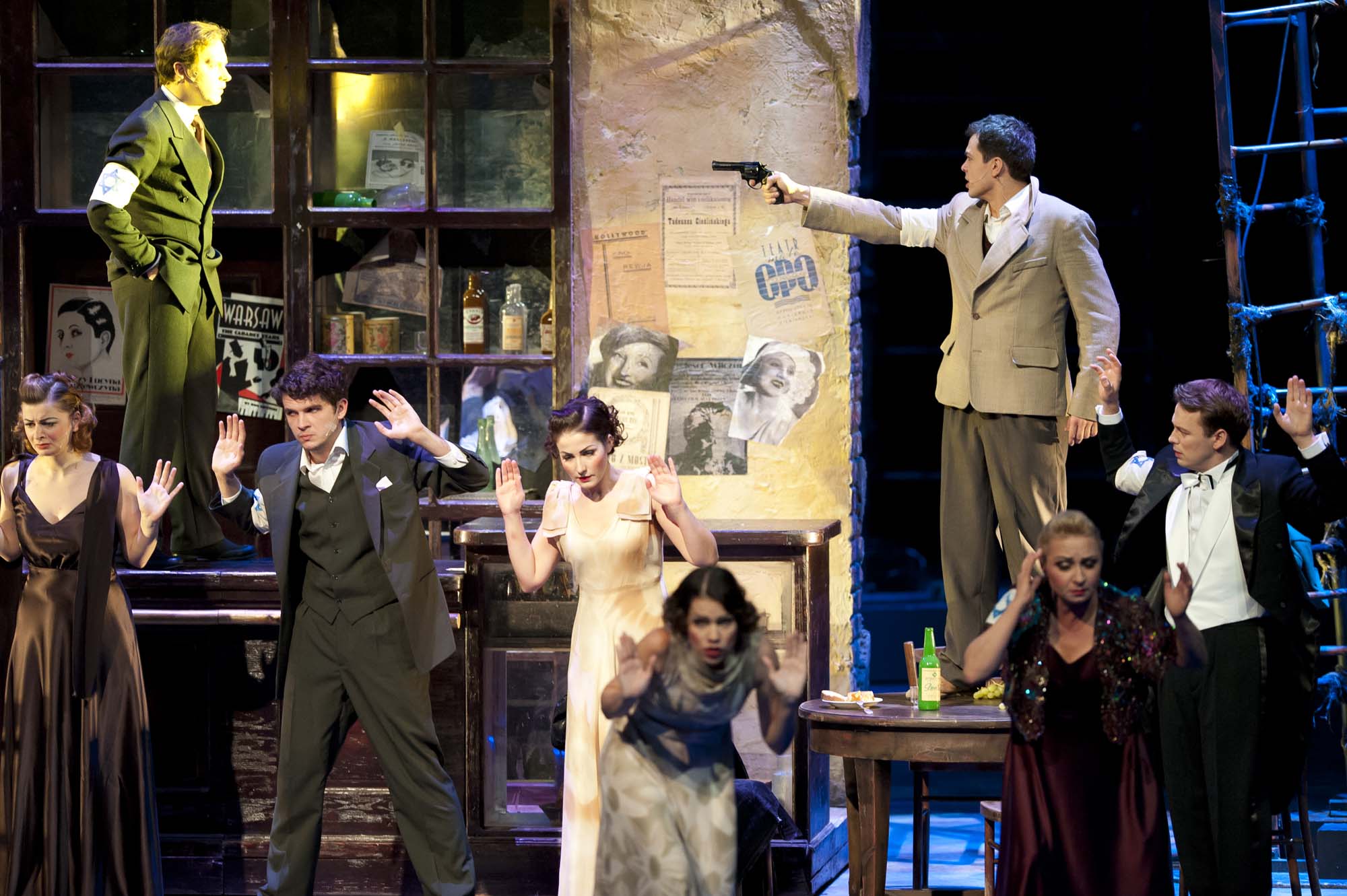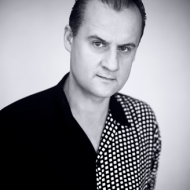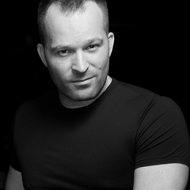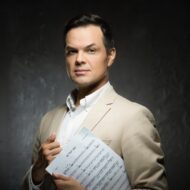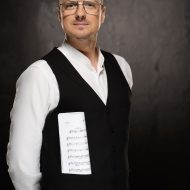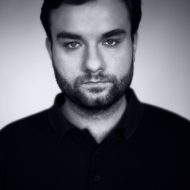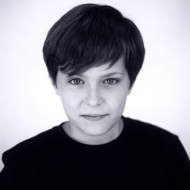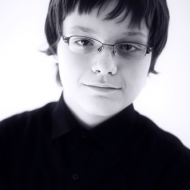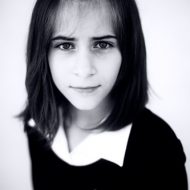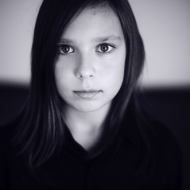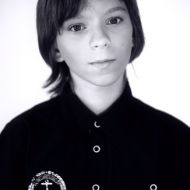“Korczak,” shown at the West End to rave reviews, skilfully combines the pop formula of a musical with tackling the most sensitive issue in 20th-century history: the Holocaust. The Polish premiere took place under the auspices of the UNESCO and with the honorary patronage of the Minister of Culture and National Heritage and the Ombudsman for Children. The musical was officially included in the list of cultural, social and educational events taking place all over Poland in 2012—the year which the Polish Sejm dedicated to the memory of Janusz Korczak. The production received the Jan Kiepura award for the best performance of 2012, and the accompanying educational project won the 2012 Historical Event Competition.
SYNOPSIS
The plot of “Korczak” is meant to educate junior viewers, give hope to the young and serve as a reminder for senior audiences. Janusz Korczak was a true superhero of his time, possibly the most complicated period in the history of humankind. The then atmosphere of Poland is conveyed by Polish and Klezmer music, brought together with the rhythm of a moving train. The musical is devoted to the man and his work: Korczak gave his life to teaching children how to become adults, how to live and how to die. According to the rules of the genre, the work is divided into two acts, with the outbreak of World War II serving as the dividing line. In the first part of the musical, we get to know Korczak as teacher, educator and guardian, while the second part is where we see the birth of his heroism in matters of life and death. By recalling the life of our national hero, “Korczak” allows viewers to better understand the painful history of Jews and Europe of the first half of the 20th century.
PRODUCTION
Work on the Polish production was preceded by a thorough analysis of source materials associated with the life, art and work of Janusz Korczak. The project was developed in partnership with the Emanuel Ringelblum Jewish Historical Institute in Warsaw. “Korczak” is a unique phenomenon on the contemporary musical theatre scene. The Polish edition aims to provide an unusual narrative of the Holocaust, acting as a parable on the power of life, the strength of faith and the greatness of man. The youngest artists are particularly touching: children and teens discovered during casting sessions and the Podlasie Opera and Philharmonic’s Children’s Choir. The choir of several dozen children, the twenty-person adult choir and several soloists are accompanied by just twelve orchestra musicians. The moving stage design and first-class acting complete the picture and turn the musical into a genuine time machine, transporting viewers to the painful past.
World premiere: VIII 2011, Rose Theatre Kingston, London
Premiere: 29 IX 2012




